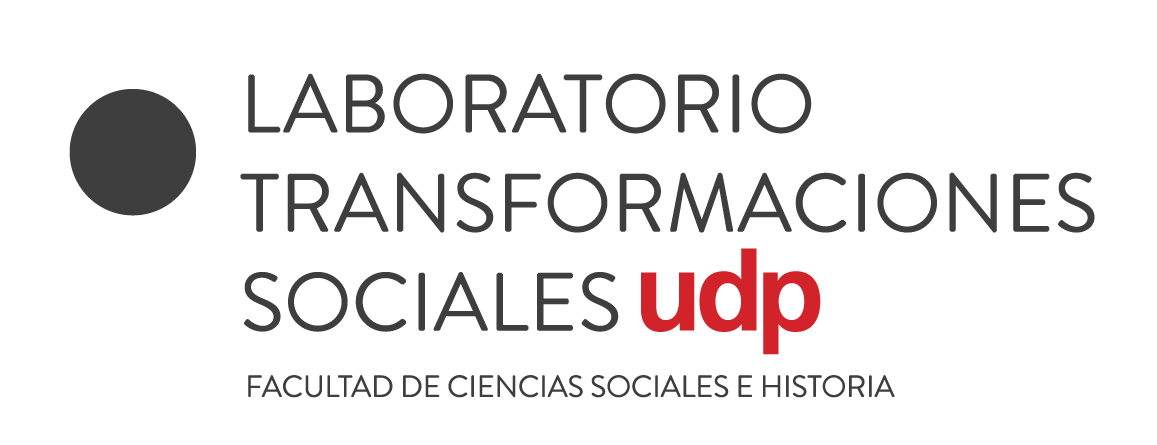La resistencia a antibióticos: un problema socioecológico en la era del Antropoceno
DOI:
https://doi.org/10.32995/0719-64232024v10n19-159Keywords:
Antibiotic resistance, Socioecology, Planetary health, Anthropocene, BiotechnologyAbstract
Within a sociological trend towards attention to global environmental issues, this article aims to situate the problem of antibiotic resistance as a socio-ecological issue. Antibiotics are a technology designed to stop or eliminate bacterial growth in an individual. However, due to various microbiological factors, these technologies with an individual-human objective have a collective effect. Furthermore, the historical conjunction of antibiotics with the industrialization processes of the past century has made the scale of antibiotic resistance proportional to the scale of industrial relations, i.e., global. This phenomenon requires greater attention from sociology, as it leads to the specification, expansion, or moderation of common arguments in the Anthropocene debate. Specifically, it prompts a reconsideration of long temporalities in the debate, accepting and expanding the invitation to geologize the social, and moderating technoscientific criticism. All of which has implications for the discipline and political action against antibiotic resistance.
Downloads
Published
How to Cite
Issue
Section
License
Copyright (c) 2024 Cristián Navarrete

This work is licensed under a Creative Commons Attribution-NoDerivatives 4.0 International License.

Este obra está bajo una licencia de Creative Commons Reconocimiento-NoComercial-CompartirIgual 4.0 Internacional.



